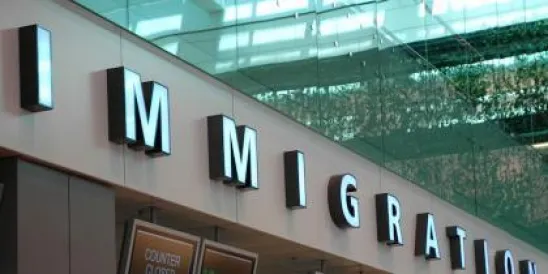On Sept. 5, the U.S. Department of Homeland Security began an “orderly wind down” of Deferred Action for Childhood Arrivals (DACA). DACA, and a related program, Deferred Action for Parents of Americans (DAPA), were created by executive order of President Barack Obama in 2012. As the result of a lawsuit brought by several states against the DAPA program, DAPA was rescinded after courts determined that legal and constitutional problems existed with the program.
In June 2017, several states informed the U.S. Attorney General that if the DACA program also was not rescinded by Sept. 5, the lawsuit would be amended to include the DACA program. Attorney General Jeff Sessions conducted a review and determined that the DACA program was created in a similar manner, and had similar “legal and constitutional defects.” Sessions determined that courts would likely find problems similar to those found with the DAPA program, and lead to similar results. In complying with the Sept. 5 deadline, Sessions directed an “orderly wind down” of the program, rather than an immediate termination.
Because many DACA recipients received employment authorization documents (EADs), the validity of those work authorizations are important to employers of DACA participants. DACA participants will be permitted to retain their DACA status and their EADs until the current validity of those documents ends. In addition, the U.S. Citizenship and Immigration Services (USCIS) will accept and process initial requests for DACA status that were filed by Sept. 5 and any applications for renewals of DACA and EADs filed by Sept. 5. Any renewal requests for DACA or EADs for current beneficiaries whose benefits expire between Sept. 5 and March 5, 2018, will be processed if such requests are filed prior to Oct. 5, 2017.
For employer purposes, this means that an EAD based on DACA status and used for I-9 verification purposes continues to be valid up to the expiration date on the EAD (but not beyond, absent additional documentation). Because DACA was a deferral of action against those considered unlawfully present, this deferral from enforcement actions will end upon the end date of each individual’s DACA authorization – absent further action by Congress.



 />i
/>i

